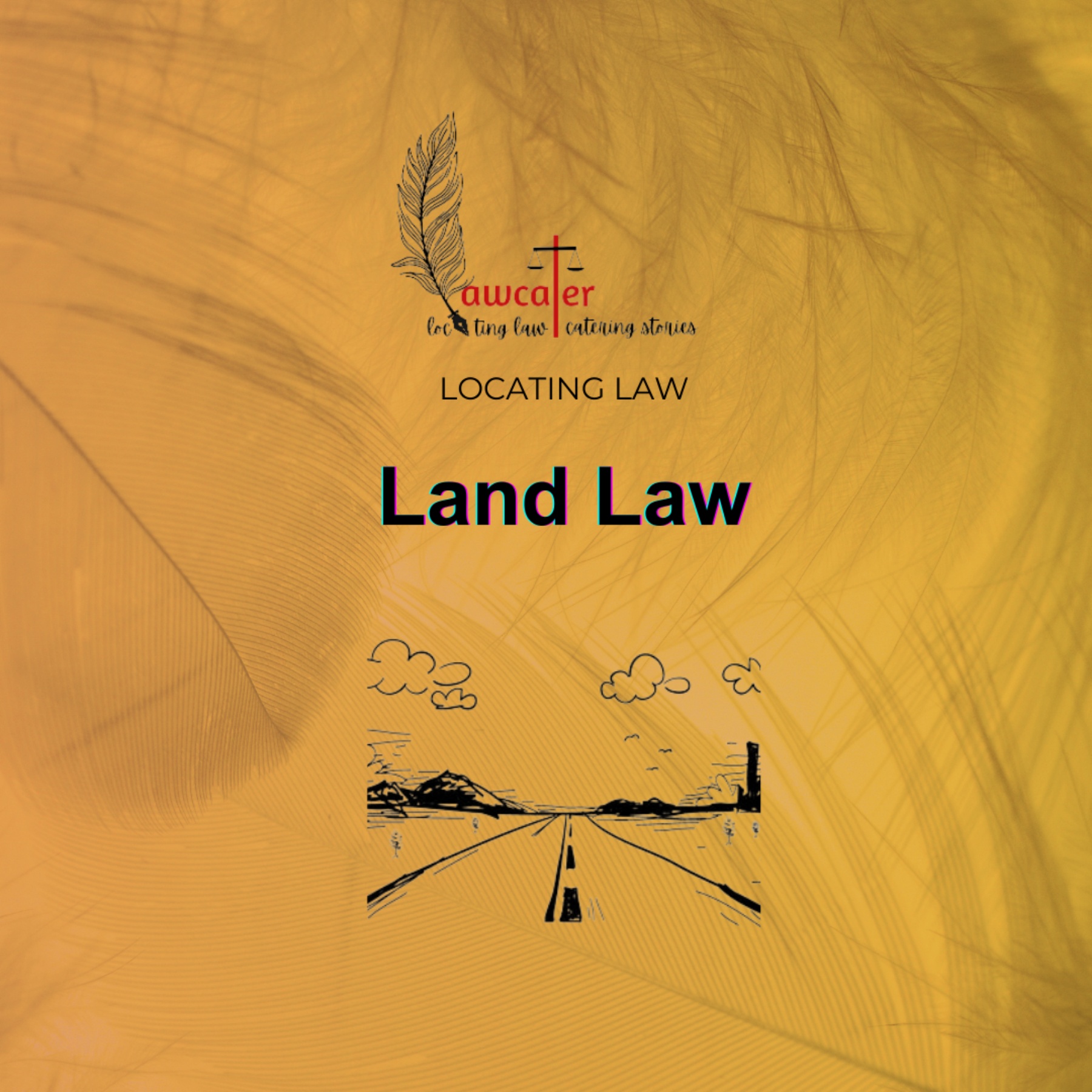Land law governs the ownership and use of land, detailing the rights and obligations of landowners, tenants, and third parties. It covers property acquisition, land registration, zoning, land use, development, and disputes. The law ensures proper land management, resolves conflicts, and promotes sustainable development while protecting the rights of all stakeholders involved. Here are a few legal provisions concerning land law in Nepal:
- Property Transfer to Foreigner: No person shall transfer any immovable property to a foreigner without obtaining prior permission from the Government of Nepal. Any deed transferring immovable property to a foreigner without such permission shall be void, and such property shall devolve on the Government of Nepal. Furthermore, the amount invested by the creditor in obtaining immovable property without permission shall be equivalent to an unsecured bond (Kapali).
- Private Property Transfer: A person can transfer their private property to another person without needing anyone's consent. Private property includes property earned by personal knowledge, skills, or effort; property acquired through donation, bequeath, or succession; property obtained from a lottery or gift; property earned as remuneration, gratuity, pension, medical expense, provident fund, insurance, or other social security; property gained from intellectual property or royalties; property acquired while living apart or managing personal accommodation.
- Ownership: The ownership or possession of any property shall be determined according to the law of the country where the property is situated. Questions regarding the maintenance or termination of ownership in immovable property shall be determined according to the law of the country where the property is situated.
- Building on other’s land: No person shall build a house on another's land without obtaining written consent from the landowner. If a house is built without consent, the landowner may purchase the house at up to 25% below the market price. If the landowner does not purchase, the house owner may purchase the land at up to 25% above the market price. If neither party agrees to purchase, the house must be demolished and materials removed within three months. Failure to do so will result in the house belonging to the landowner.
- Upper Ceiling: A person or family may own land within the following limits: Terai regions including inner Terai: 10 Bigha; Kathmandu Valley: 25 Ropani; Hilly regions except Kathmandu Valley: 70 Ropani. In addition to the above limits, a person or family may own land for house and premises not exceeding: Terai regions including inner Terai: 1 Bigha; Kathmandu Valley: 5 Ropani; Hilly regions except Kathmandu Valley: 5 Ropani. Transfers exceeding the ceiling are not recognized unless an instrument of transfer was registered before the ceiling came into force.
- Exemption: Certain categories of land are exempt from the provisions of upper ceiling of land. This includes land owned by the Government of Nepal, local government bodies such as District Development Committees, Village Development Committees, or Municipalities, and specified educational and health institutions as prescribed by the Government. Land used for prescribed industrial and agro-industrial activities, land under Guthi Corporation ownership, land held by specified cooperative institutions, and land acquired by foreign institutions or countries with government approval are also exempt from these sections' regulations.
- Tenancy Rights: A person cultivating land as a tenant before the commencement of the relevant section acquires tenancy rights. However, no tenancy rights are acquired for cultivation on terms other than tenancy unless a written bond is furnished with the Village Development Committee or Municipality. Additionally, a creditor tilling land obtained from a landowner may obtain tenancy rights over that land, subject to certain conditions.
- Land Use Programs: The Government of Nepal may operate land-use programs based on the nature and fertility of the soil, geographical situation, environment, and climate. Land classification for such programs will be made based on these factors. The program will be operated as prescribed, under the policy determined by the land-use council.
- Cooperative Farming: The Government of Nepal may provide facilities and concessions for agricultural inputs, technology, fertilizer, seed, irrigation, electricity, etc., to a group of ten or more landowners intending to do cooperative farming.

Comments